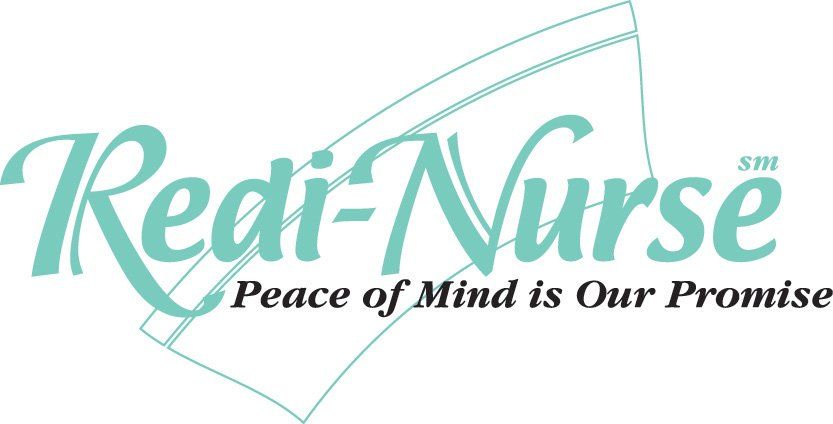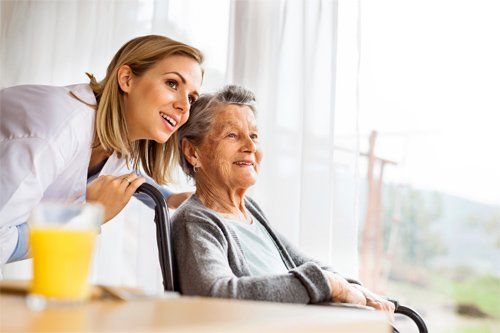The home is a safe haven for your elderly parent, grandparent, relative, or loved one. So instead of moving the senior in your life to a nursing facility, you may have chosen to help them stay where they are with quality homecare help.
Even though the home is, and should be, a safe environment, sometimes accidents happen. Of the risks that the elderly face, falls rank as number one. Three million older Americans seek treatment in an emergency room for fall-related injuries annually, according to the U.S. Centers for Disease Control and Prevention (CDC).
Falls in the home can result in injuries that range from minor bumps and bruises to serious hip fractures and concussions, the later resulting in more than 800,000 hospitalizations per year. While the statistics may seem staggering, proper prevention can dramatically reduce the risks and help to ensure that your loved one stays safe.
What do you need to know about elderly homecare and falls? Take a look at what you need to know about prevention.
Risk Assessment
What puts elderly adults at risk for falls? The top risk factors include having had previous falls, decreasing strength with age, gait or balance difficulty, side effects from medications, visual impairment, arthritis, and untreated pain. Other issues such as poor vision, chronic medical conditions (such as diabetes), and recovery from medical incidents (such as stroke) can also increase the chances of a fall in the home.
A home nurse, social worker, or other in-home medical care professional can assess the risk and create a plan to reduce the likelihood of a fall. The healthcare professional will take the senior's medical history, present conditions/challenges, and the home environment into consideration when selecting a strategy.
Don't assume that you know how to prevent your loved one from falling or how to assess the risk yourself. Keep in mind, a home care professional has expert knowledge of this risk.
Adaptive Equipment
Along with hiring a trained professional to help the elderly person with homecare, your loved one may also need adaptive equipment in the home to prevent falls. After identifying risks around the home, the healthcare professional can recommend adaptive or assistive devices that are specific to the senior's needs.
The most common assistive devices that can reduce the in-home fall risk include raised toilet seats; grab bars in bathrooms, showers, and potentially slippery areas; stair rails; raised beds and chairs; shower chairs; hand-held shower heads; and increased lighting.
Even though adaptive and assistive equipment can lower the chances of the senior falling, they need to use the devices in order to truly reduce injury risk. A responsible adult, such as yourself or a home healthcare professional, can observe the senior's daily activities and make sure that they are taking advantage of these potentially life-saving home additions.
Physical Activity
Strength, balance, and coordination problems can quickly become challenges for the aging adult — especially for seniors who have already fallen, have chronic physical conditions (such as arthritis), or are recovering from existing injuries.
A physical activity program can provide the regular exercise that an elderly adult needs to combat some of the issues surrounding falls. A professional-led routine daily or several times a week can help the senior to gradually build back some strength and learn how to better navigate the home environment physically.
Detailed Discussion
Is the elderly adult afraid of falling? If the senior has had a serious fall or is anxious that they might injure themselves, they may decrease activity out of fear. This can negatively impact their quality of life or reduce their physical abilities.
Talk to your loved one about their fall fears. If you're not sure what to ask or how to start a conversation, a homecare nurse or social worker can bridge this conversation. The professional knows what questions to ask and what to do with the answers.
Do you need help caring for a loved one at home? Contact
Redi-Nurse
for more information.






